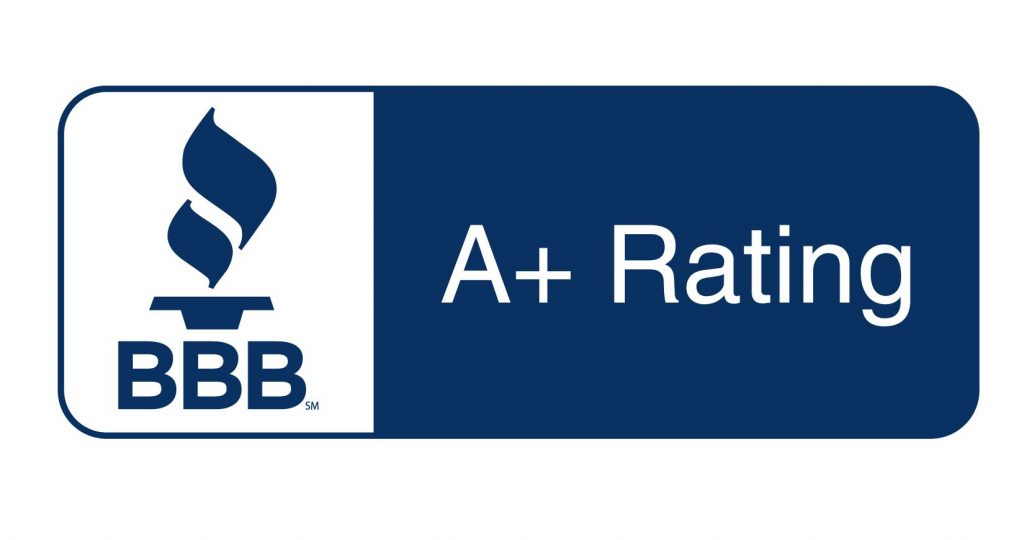
What Is Term Life Insurance
Rather than covering the remainder of your lifetime from the moment you purchase a policy, term life covers a period of time, usually between 10-30 years.
Term life is essentially a contract between you and the insurance company, one that states that you will pay a specified monthly premium, and that the company will provide an established death benefit if the policyholder passes away within the given length of the policy.
There are 4 main types of term life plans you can purchase:
- Level-Premium Term Policies: Your premium stays the same throughout the term. One of the most common types.
- Year-Renewable Term Policies: Renew your plan yearly rather than after 10-30 years with a required medical exam each year. Will often cost more than other term policies over time.
- Return-of-Premium Term Policies: At the end of your term, the insurance company pays back all of your premiums. However, premiums are much higher than other term policies.
- Guaranteed Issue Term Policies: With this policy, the insurance company does not consider your health for eligibility, making it much easier to qualify for. Premiums are much higher as a result.
The Cost of Term Life Insurance
The overall cost of term life is less than other life insurance policies. You will be required to pay a monthly premium, and that is about it. Premiums are based on a variety of personal factors, including age, health, and sex. Men pay more than women, healthy people are eligible while unhealthy people may not be, smokers pay more than non-smokers, and older people pay more than younger people.
The Benefits of Term Life Insurance
Term life provides a less-expensive insurance policy with the same death benefit options. Because policies last often a max of 30 years, your insurer can offer a lower premium. And, insurance companies will give you an option to renew your policy. And, if not, you can seek out another term life plan elsewhere.
Term vs. Whole & Universal Life
Unlike term life, whole and universal life are considered “permanent” policies, meaning that they do not have to be reevaluated after 10-30 years. When considering your options, then, keep in mind that the lower cost of a term life plan means that you must abide by the term and not carry it indefinitely like a permanent option. However, this is often well worth it for beneficiaries.
Term life policies also do not have an investing or cash value possibility like whole or universal life.



